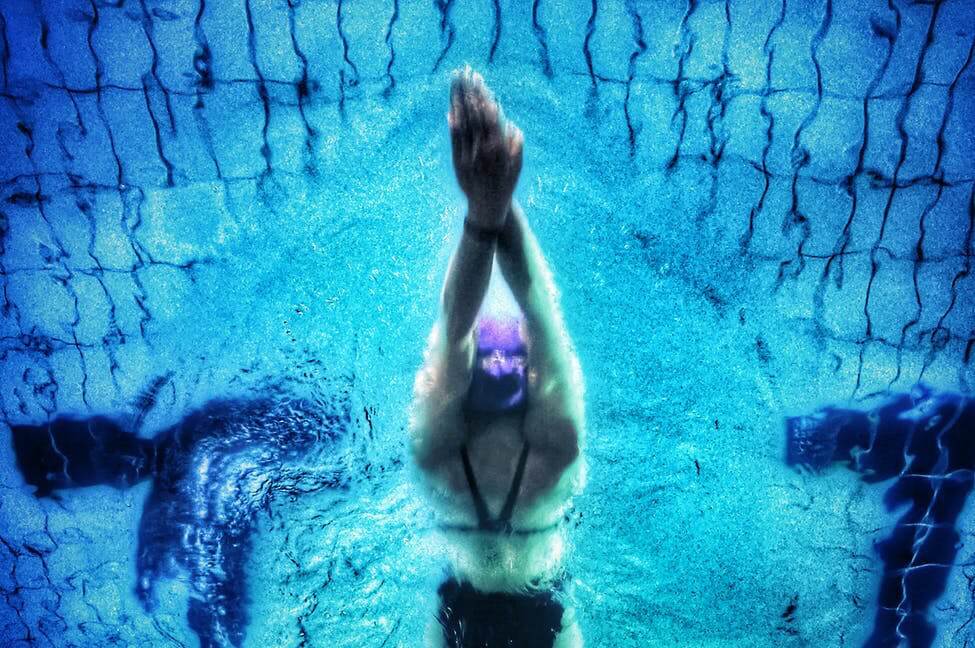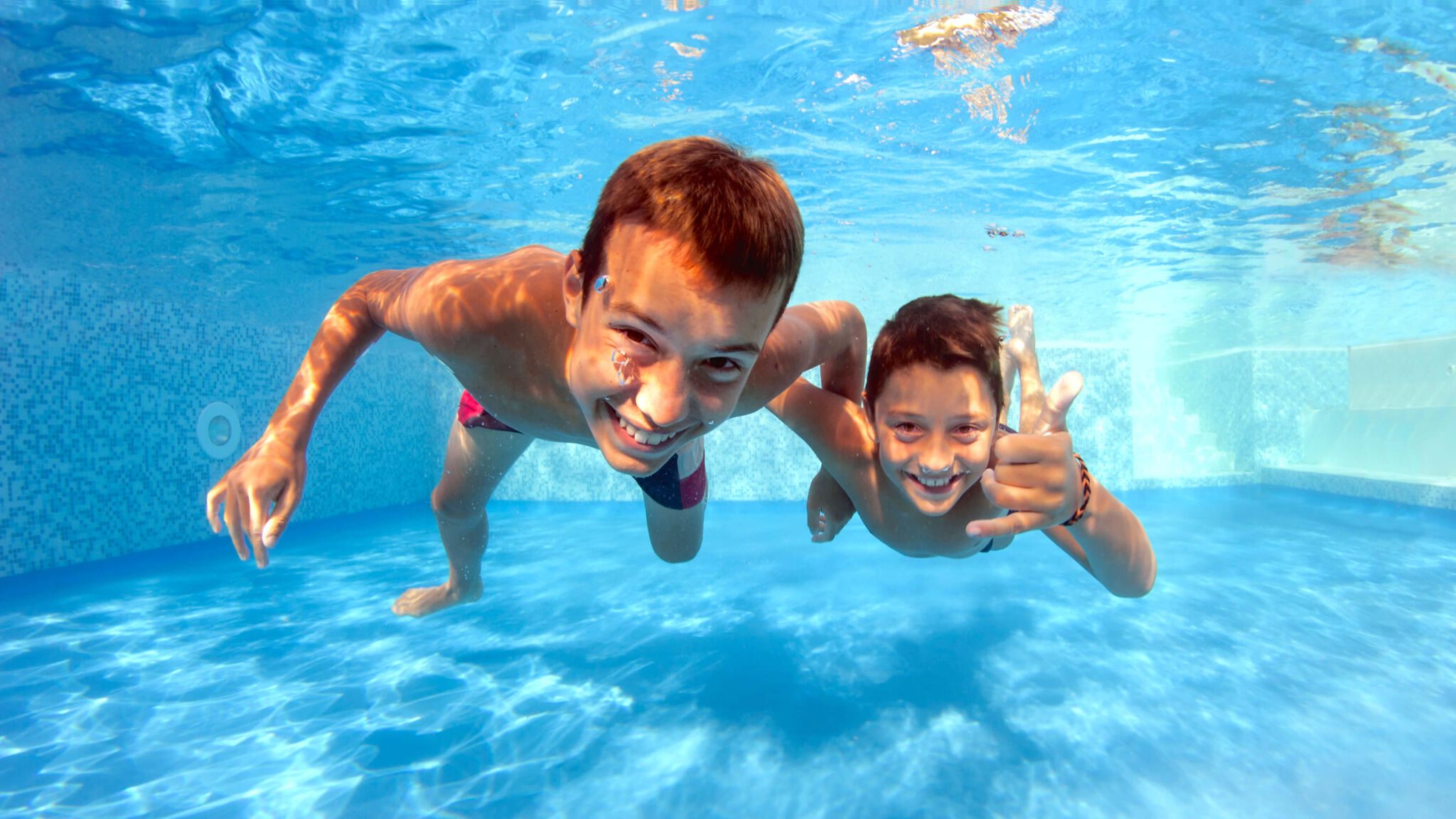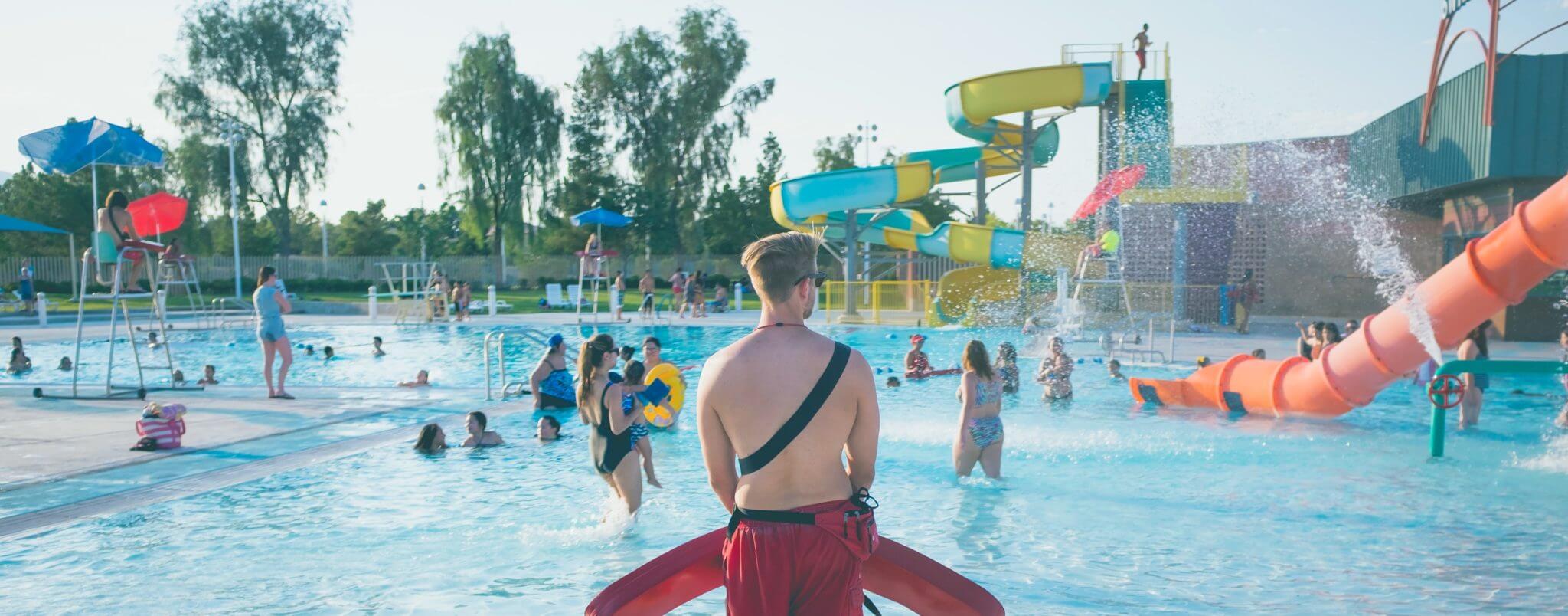


Comparing Pool Water Treatment Methods: Chlorine & Salt
In this two-part series, I’ll compare different pool treatment methods, starting with two of the most common: chlorine, the most common, and salt, often mistaken for being chlorine-free.
Dealer Portal Login


In this two-part series, I’ll compare different pool treatment methods, starting with two of the most common: chlorine, the most common, and salt, often mistaken for being chlorine-free.


As summer comes to a close, pool and spa industry trade show season begins. Are you in the aquatics, pool service or pool builder professions? Meet us at one of these pool industry events to learn how to get cleaner, healthier water with Clear Comfort’s hydroxyl-based Advanced Oxidation commercial and residential pool treatment systems.


Recreational water illness outbreaks are increasing, drowning remains a leading cause of accidental death, and pool chemical injuries account for nearly 5,000 emergency department visits each year.
To address aquatics safety and health problems like these, the Centers for Disease Control and Prevention created the Model Aquatic Health Code.


While swimming has many fitness advantages, the harmful disinfection byproducts (DBPs) that traditional pool treatment chemicals produce can outweigh its benefits.
Here are five ways Clear Comfort can help you enjoy the benefits of swimming without the health hazards produced from traditional chlorinated water.


If an effective and safe alternative to chlorinated pools exists, why wouldn’t you choose the healthier and cleaner option?


Cryptosporidium outbreaks have increased in pools and lakes in the United States, according to a new Centers for Disease Control report released Thursday. The report found 77 percent of the outbreaks recorded occurred in pools, and of these 52 percent were attributed to Cryptosporidium parvum.


Recreational Water Illnesses cause pools to shut every year, and some even result in multi-million dollar lawsuits. Here is the CDC’s advice for combating RWIs at your pool.


Aquatics professionals have an important and challenging job. A single issue during a pool inspection could cause the pool to be


Many caregivers are unaware of the risks of Cryptosporidium, a chlorine-resistant parasite found in pools. Considered a Recreational Water Illness (RWI), Cryptosporidium has increased 300 percent in the last 10 years, according to the Centers for Disease Control. Even with this increase in prevalence, a new study by Nielsen found caregivers lack knowledge about RWIs and how to handle them.
Why waste time and money overusing toxic chemicals? Discover the future of healthy, easy and sustainable water treatment. Join thousands who’ve already chosen Clear Comfort® AOP today.